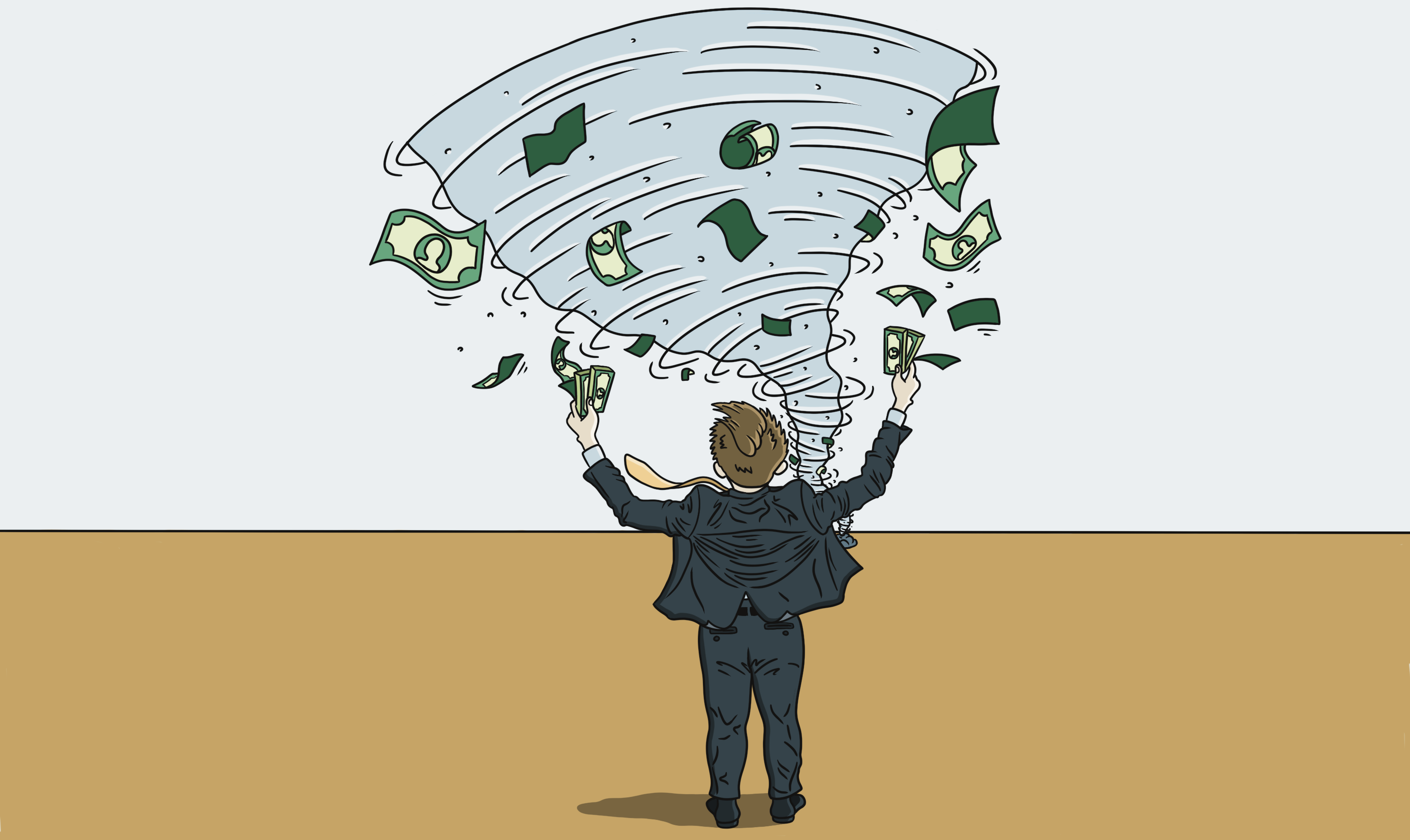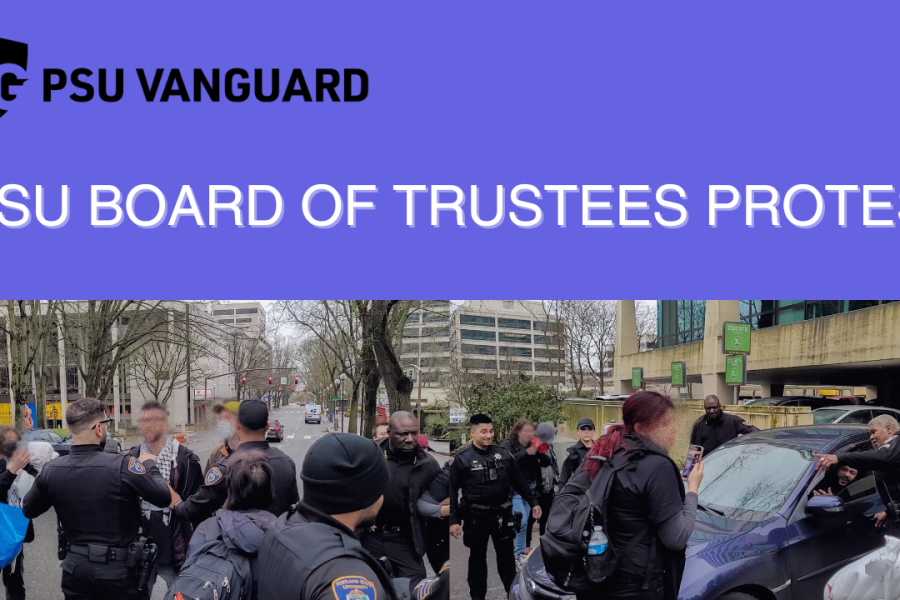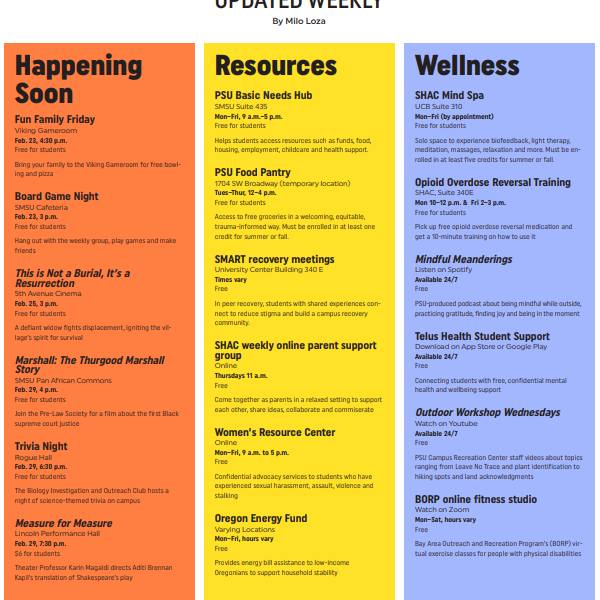For private, profit-driven companies, disaster exists for the sole purpose of making a profit. Disaster capitalism is the opportunistic infiltration of capital into disaster-affected, socially vulnerable communities.
In their 2007 book, The Shock Doctrine, author, social activist and filmmaker Naomi Klein coined the term “disaster capitalism.” State- and private-interest companies capitalize off disasters through lucrative contracts based on seizing natural resources, establishing security systems and land-grabs.
Not only is disaster capitalism a United States issue, but it’s also a global issue, with cases observed across continents. From Hawaii to India, disaster capitalism spares no nation its predacious claws.
With the consequences of global warming actualized, death and destruction create a new venture within a capitalist, market-based society. Capitalists are given a new opportunity to achieve financial gain through hoarding natural resources, often at the detriment of BIPOC and poverty-stricken communities.
With the climate change-driven rise of natural disasters, we should scrutinize those willing or attempting to profit off the devastation of anyone, especially those in vulnerable positions.
Take New Orleans, for example. During Hurricane Katrina in 2005—which left over 2,000 people stranded or deceased—the response from the government and leading stakeholders was to militarize and criminalize those affected by the disaster.
Being in the city during Hurricane Katrina, Klein recounted soldiers with machine guns herding residents into buses with unknown destinations, often separating families from one another. Simultaneously, disaster capitalism often exhibits military urbanism, which is the forced placement of soldiers in cities to maintain control of a population during chaos, often by exerting force and their understanding of order without offering adequate aid and resources.
Privatized companies capitalize on disasters by securing contracts to profit from infrastructure and security measures.
According to Klein, private security companies like Blackwater, “who were showing up fresh from Iraq,” positioned themselves in the city alongside developers who soon replaced residents’ homes with condos and luxury homes.
Following the aftermath of Katrina, U.S. Army Officers went as far as describing New Orleans residents as “Iraqi-style insurgents” and believed they needed to take the city from them, according to the book Cities Under Siege: The New Military Urbanism by Stephen Graham, a Professor at Newcastle University.
However, New Orleans isn’t the only city to fall victim to disaster capitalism. We see further examples globally. After the deadly 2004 Indian Ocean tsunami, fishing communities living in devastated coastal villages in Tamil Nadu were given properties and housing inland, outside of the tsunami hazard area. The tsunami and aid distribution forced residents to sell their beachfront properties, leading them to lose their traditional fishing sites.
Soon after, the state and private interests worked together to dominate the fishing scene. Seeing cheap, disaster-stricken land on the beach, these companies reaped the benefits of a disaster-driven, state-assisted relocation.
Consequently, villagers could not practice their traditional, sustainable fishing system, and the unsustainable rapid extraction of profit-driven corporations took precedence and subsumed traditional lifeways.
Those who previously fished to feed their families for a living now work for fishing companies, make the bare minimum and have lost their economic sovereignty.
In the same way, capitalists use disasters as battlegrounds to exert and expand their control, we should work to further community-oriented goals for and by community members. If we recover from a disaster, it will be with our community’s labor at our community’s expense. We don’t need capitalists to tell us the way we should recover.
When international corporations seek to profit from and exploit the victims of disaster on a global scale, then we—the people of the world—need to defend ourselves from this new and emerging form of capitalist exploitation.
As climate change continues, so will the intensifying effects of natural disasters, leading to a rise in disaster capitalism. With our world facing an increase in environmental disasters, it’s more important than ever that we remain wary of capitalists and their attempts to exploit the poor and vulnerable.
As people who endure the ever-present risk of the Cascadia Subduction Zone Earthquake, Portlanders should seek to educate themselves about disaster capitalism before its hands begin grasping at our most vulnerable communities.






